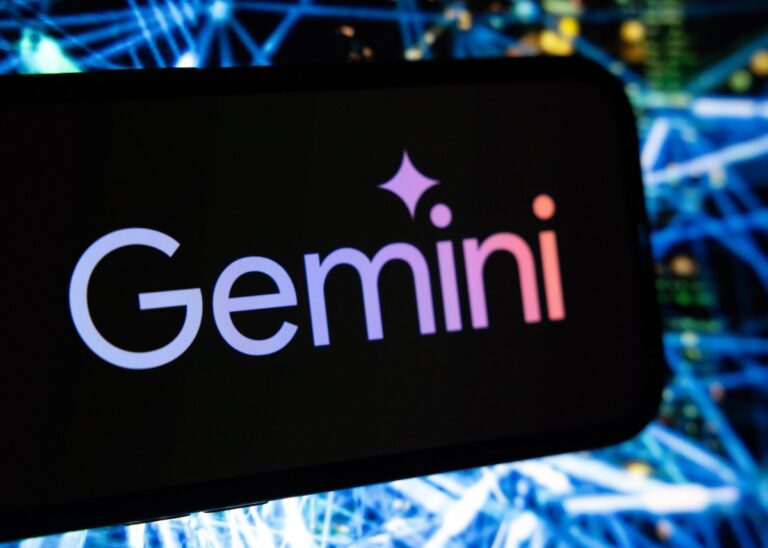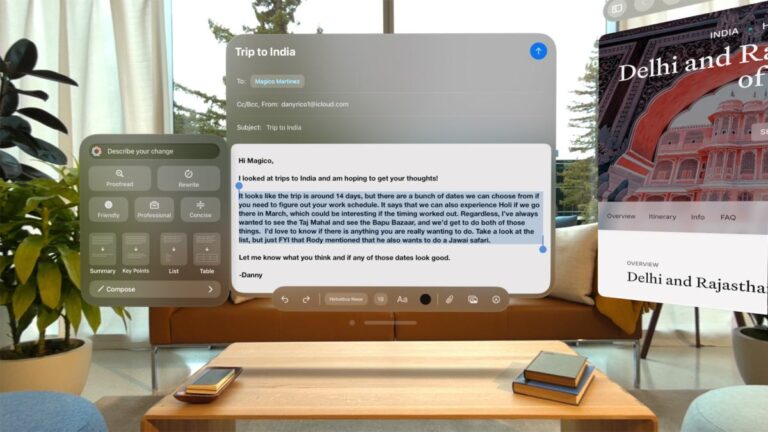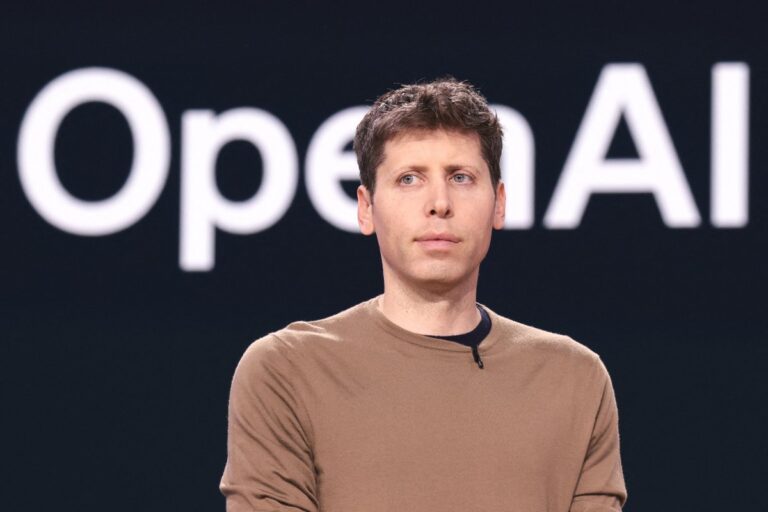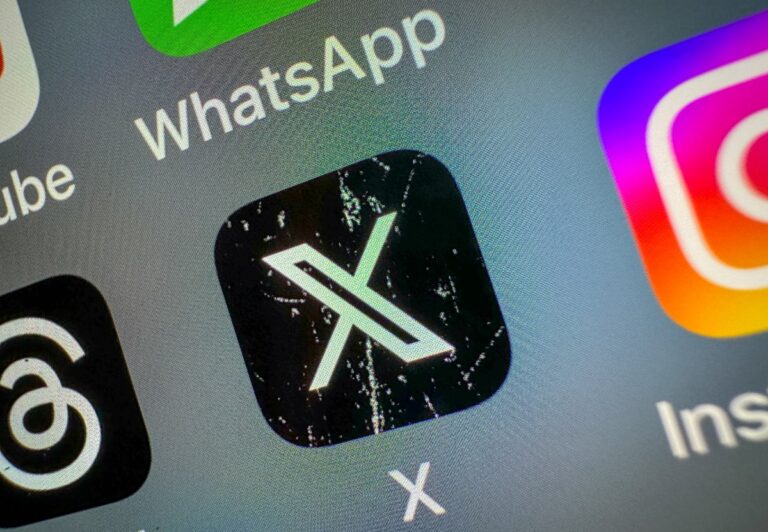Microsoft Employees Prohibited from Using DeepSeek App, Warns Company President
In a recent Senate hearing, Microsoft’s vice chairman and president, Brad Smith, revealed significant news regarding DeepSeek, an AI application that has raised concerns over data security and potential propaganda influence. Microsoft has taken a firm stance by prohibiting its employees from using DeepSeek, emphasizing the importance of safeguarding sensitive information.
Microsoft’s Official Ban on DeepSeek
During the Senate session, Smith clarified, “At Microsoft, we don’t allow our employees to use the DeepSeek app.” This decision stems from various security concerns associated with the application, which is available on both desktop and mobile platforms.
Reasons Behind the Ban
Smith highlighted several critical factors leading to Microsoft’s ban on DeepSeek:
- Data Storage Risks: User data is stored on servers located in China.
- Legal Compliance: Data stored in China is subject to local laws that require cooperation with intelligence agencies.
- Propaganda Concerns: DeepSeek’s responses may be influenced by Chinese governmental propaganda.
Despite these concerns, Microsoft has not added DeepSeek to its app store, marking the first public acknowledgment of such a ban by the tech giant, especially given that many organizations and countries have already restricted its use.
DeepSeek’s Privacy Policy and Security Implications
According to DeepSeek’s privacy policy, user data is stored on Chinese servers, raising alarms about potential data breaches and misuse. The app heavily censors topics deemed sensitive by the Chinese government, further complicating its reliability.
Interestingly, Microsoft has made DeepSeek’s R1 model available on its Azure cloud service, shortly after the app gained viral attention. However, this does not equate to endorsing the chatbot application itself.
Open-Source Nature of DeepSeek
Being open-source, DeepSeek’s model allows anyone to download it and operate it on their own servers, thereby mitigating the risk of data being sent back to China. Nevertheless, this does not eliminate other potential risks, such as:
- Propagation of biased information or propaganda.
- Generation of insecure code that could pose security threats.
Microsoft’s Response and AI Safety Measures
During the hearing, Smith stated that Microsoft had worked to modify DeepSeek’s AI model to eliminate “harmful side effects.” However, details on the specific changes made were not disclosed, and inquiries were redirected to Smith’s comments.
In the initial launch of DeepSeek on Azure, Microsoft mentioned that the app underwent “rigorous red teaming and safety evaluations” prior to its release.
Competition and Market Dynamics
While Microsoft’s decision may seem to stem from security concerns, it’s worth noting that DeepSeek’s chatbot app directly competes with Microsoft’s own Copilot internet search chat app. Interestingly, Microsoft does not prohibit all competing chat applications from its Windows app store. For example, Perplexity is available in the Windows app store, whereas apps from competitors like Google, such as Chrome and the Gemini chatbot, were notably absent from recent searches.
For more information on Microsoft’s AI initiatives and security policies, visit their official page on Microsoft Security Blog.







